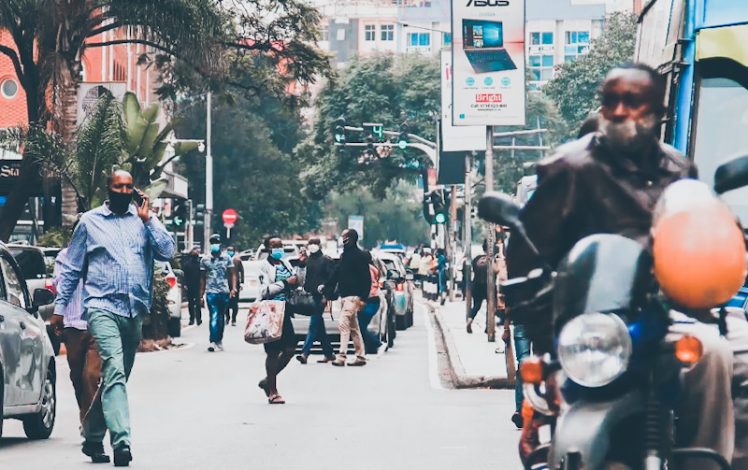Kenya’s National Treasury says tax reliefs which took effect in April will end January 1.
Treasury Cabinet Secretary Ukur Yatani in a statement issued Friday said the corporate tax rate currently at 25% will revert back to 30% and the Value Added Tax (VAT) will revert back to 16% from 14%.
“These are not new taxes but just a return to the prevailing tax rate before the pandemic,” National Treasury said.
However, it said it is committed to continuing cushioning low-income earners by retaining the 100% tax exemption for those earning monthly incomes of Ksh 24,000 and below.
Treasury’s announcement follows a request from President Uhuru Kenyatta made in September for it to extend the tax relief measures.
However, Treasury has brought the end of 14 percent VAT earlier than the July 1 deadline recommended by the President.
“In spite of the pandemic’s effects, it is noteworthy that the National Treasury has continued to maintain macro-economic stability as evidenced by the prevailing low and stable inflation and interest rates as well as a competitive exchange rate,” added CS Yatani.
According to Genghis Capital, the reversal of the tax relief measures have to be channeled through a legislative process because they were approved through a similar process – The Tax Laws (Amendment) Act 2020 (for corporate income tax and Pay-As-You-Earn) and Departmental Committee of Delegated Legislation approving the amendment in the rate of tax in Value Added Tax (VAT).
However, “The bicameral Parliament is on a two-month recess. That as it may be, the whole legislative process entails public participation and as such, a recall of Parliament may entail multiple sessions to hammer out the necessary legislations,” they note.
On the other hand, World Bank’s Economic Update, Navigating the Pandemic report disclosed that the coronavirus pandemic pushed an estimated 2 million being pushed into poverty.
According to the World Bank, COVID-19 not only has affected physical health, but mental health as well, resulting in psychosis, anxiety, trauma, suicidal thoughts, and panic attacks.
“These feelings have a negative impact on the economy through a reduction in socializing, recreational spending, and aggregate demand.”
Consequently, Kenya’s debt has surged as a result of the pandemic according to the Central Bank’s Financial Stability Report (2019).
The country’s gross public debt increased from 50.2 percent of GDP at the end of 2015 to 65.7 percent of GDP at end of June 2020, reflecting, among other factors, high deficits and large public infrastructure spending.
“The risk of debt distress has increased to high from moderate due to the impact of Covid-19, exacerbating the existing vulnerabilities. The rapid pace of debt accumulation has resulted in increased interest and principal repayments in the past six years. However, revenues and export earnings have not increased in tandem with debt service. As a result, the ratio of debt service to exports and debt service to revenue increased signaling potential debt distress,” said the CBK.
Kenya’s overall public and publicly guaranteed debt has increased in recent years but remains sustainable.
READ





1 Comment
Pingback: Kenya Under New Lockdown Following Fresh Wave of Infections